Soft AE - Exploring Research and Educational Intersections of
SOFT MATERIALS, AUTONOMOUS
EXPERIMENTATION & SCIENCE POLICY
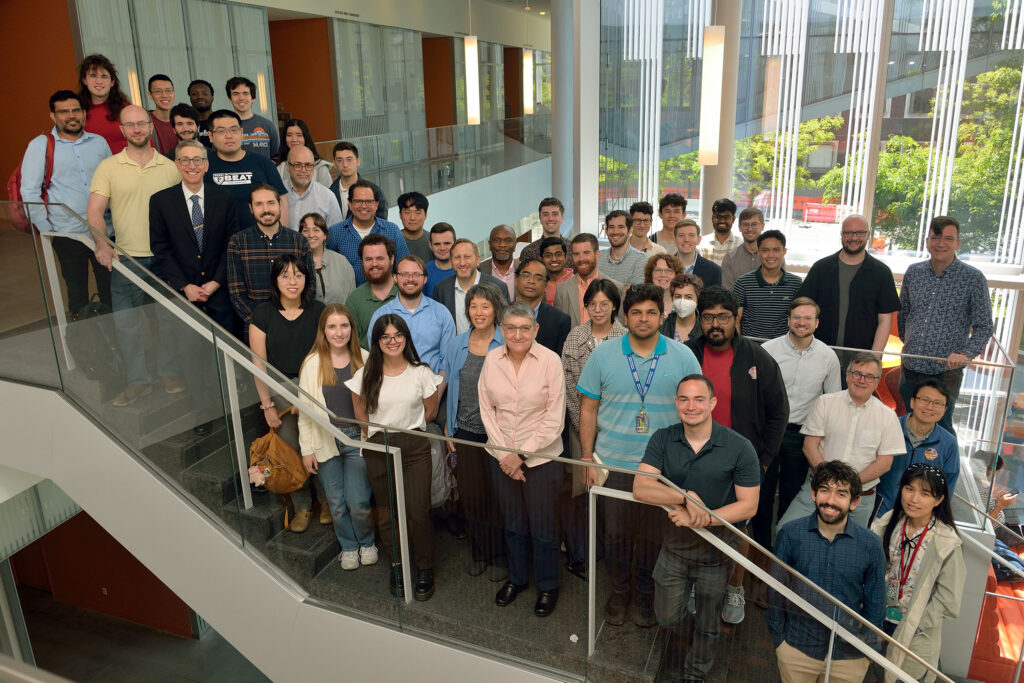
2024 Symposium Attendees (2023 program & photo)
2024 Symposium
Thursday, May 2, 2024
10:00 AM - 3:15 PM
Glandt Forum
Singh Center for Nanotechnology
3205 Walnut Street, Philadelphia PA
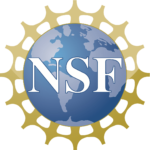
Funded by NSF Award #2152205
Photos from the 2024 Symposium
Soft AE Song - co-created by Prof. Callison-Burch and Suno AI.
10:00 am
Opening Remarks [recording]
Dawn Bonnell, PhD
Senior Vice Provost for Research, University of Pennsylvania
Chinedum Osuji, PhD
NRT Soft AE Director and PI
10:15 am
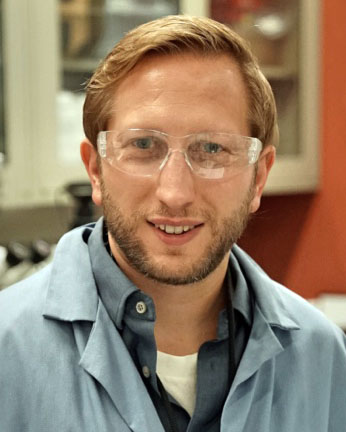
Exploring Polymer Blend Directed Self-Assembly Using Autonomous X-Ray Scattering
Greg Doerk, PhD, Brookhaven National Lab
The directed self-assembly of block copolymer thin films is a promising approach for next-generation nanolithography and functional material synthesis. Polymer blending can augment the assembly process for enhanced scalability and performance, but each new additive expands compositional dimensionality and processing complexity. This talk will discuss our recent and ongoing work applying autonomous X-ray scattering methods, where machine learning guides measurements and experiments to compress experimental loops, to develop polymer blend assembly strategies for nanolithography. I will also present progress in developing a new platform combining automated spraying, in situ x-ray scattering and machine learning to direct nonequilibrium blend self-assembly.
Gregory Doerk is a staff scientist at the Center for Functional Nanomaterials (CFN), a Department of Energy (DOE) scientific user facility operated at Brookhaven National Laboratory. Dr. Doerk earned his PhD in Chemical Engineering from the University of California, Berkeley in 2010. Prior to joining the CFN, he performed research at IBM investigating polymer self-assembly for integrated circuit patterning, and then at HGST, a Western Digital company, on magnetic patterned media nanofabrication. Dr. Doerk is a recipient of the 2021 DOE Office of Science Early Career Research Program Award. His current research merges polymer self-assembly, new instrumentation and high-throughput methods to produce new materials for chemical separations, molecular templating and nanolithography.
11:00 am
Lightning Round: Soft AE Trainees [recording]
Gabriela Gomez-Dopazo, George Hollyer, Ben Indeglia, Philip Iaccarino, Margaret Brown, Felipe Rodrigues Martins, Kaitlin Wang, Gabriel Vega-Bellido, Alexander Johnson, Aria Zhang, Owen Land, Justin Hughes, Sam Layding, Yvonne Zagzag, Leonardo Ferreira Guilhoto, and Gregory Campbell
11:45 am
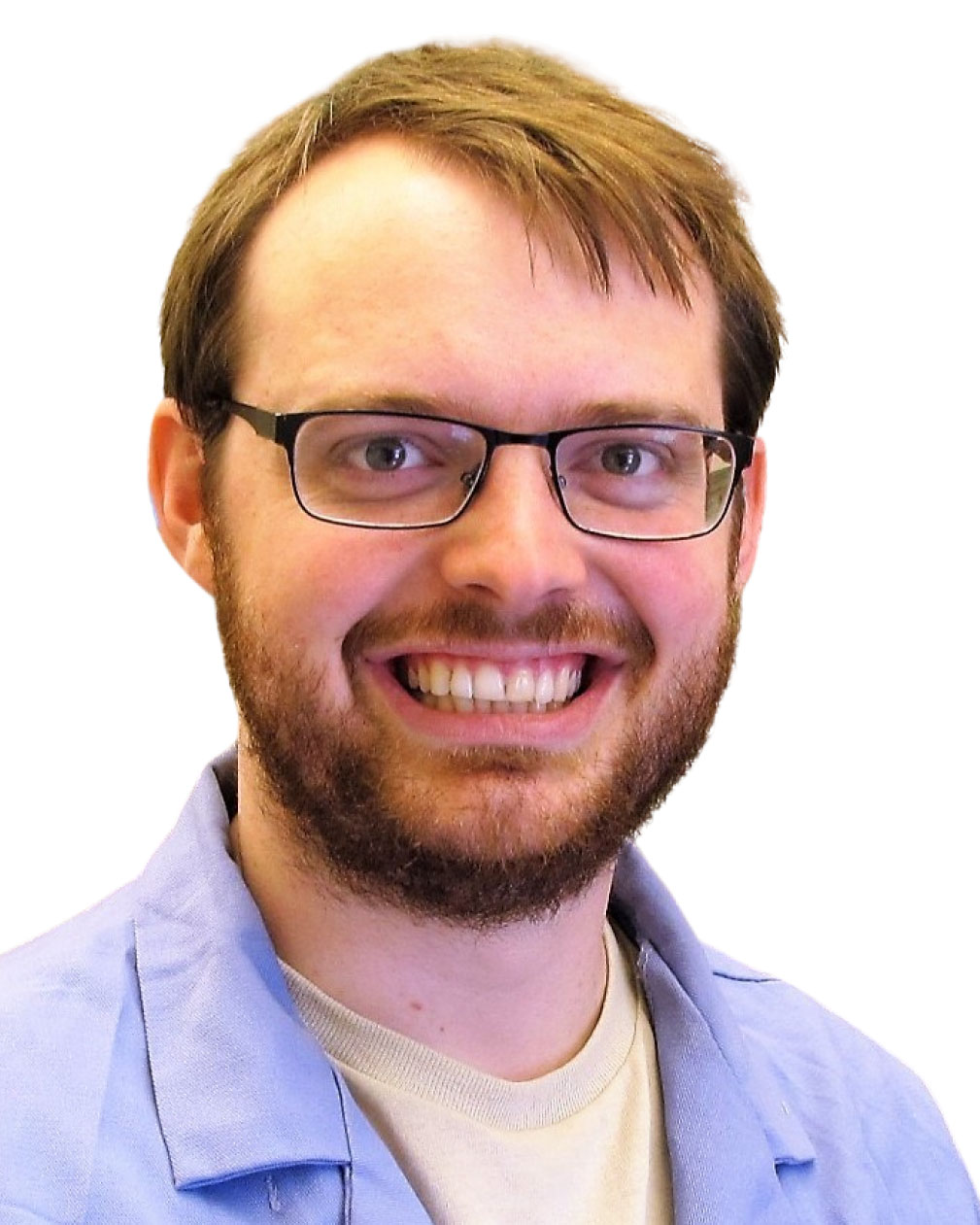
Machine-Learning-Guided Discovery of New Electrochemical Reactions [recording]
Andrew Zahrt, PhD, University of Pennsylvania
Reaction discovery in synthetic chemistry is typically a process driven by empiricism or serendipity. In this work, we use automation and machine learning to create a workflow for the computer-guided discovery of new synthetic electrochemical reactions.
Andrew Zahrt was born and raised in West Michigan. He attended Aquinas College majoring in Biology and Chemistry before pursuing his PhD in Chemistry at the University of Illinois at Urbana Champaign with Scott Denmark. While there, he explored machine learning solutions for enantioselective catalyst design. After graduating in 2020 he moved to the lab of Klavs Jensen in the Chemical Engineering department at the Massachusetts Institute of Technology where he developed a machine learning workflow for reaction discovery using automated experimentation. In July of 2023, he began his independent career as an assistant professor in the department of Chemistry at the University of Pennsylvania (Prof. Zahrt’s Full Bio).
12:30 pm
Group Photo and Lunch
1:30 pm
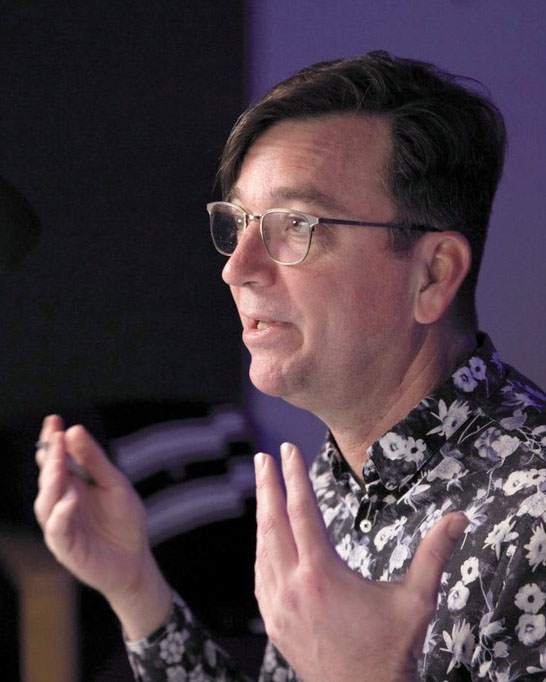
Ask an Expert about ChatGPT [recording]
Chris Callison-Burch, PhD, University of Pennsylvania
Generative AI had its breakthrough moment in November 2022 with the release of OpenAI’s ChatGPT. Prof. Callison-Burch is an expert in artificial intelligence who has been in the field for 20 years, and has been using language models in his research for much of that time. He'll explain how large language models work, what their limitations are. In this interactive session, Prof. Callison-Burch will answer any questions that you have about LLMs, and discuss their potential application for scientific discovery in fields other than computer science.
Chris Callison-Burch is an associate professor of Computer and Information Science at the University of Pennsylvania. His course on Artificial Intelligence has one of the highest enrollments at the university with over 500 students taking the class each Fall. He is best known for his research into natural language processing with more than 100 publications, which have been cited over 25,000 times. In 2023, Prof Callison-Burch testified before congress about generative AI.
2:15 pm
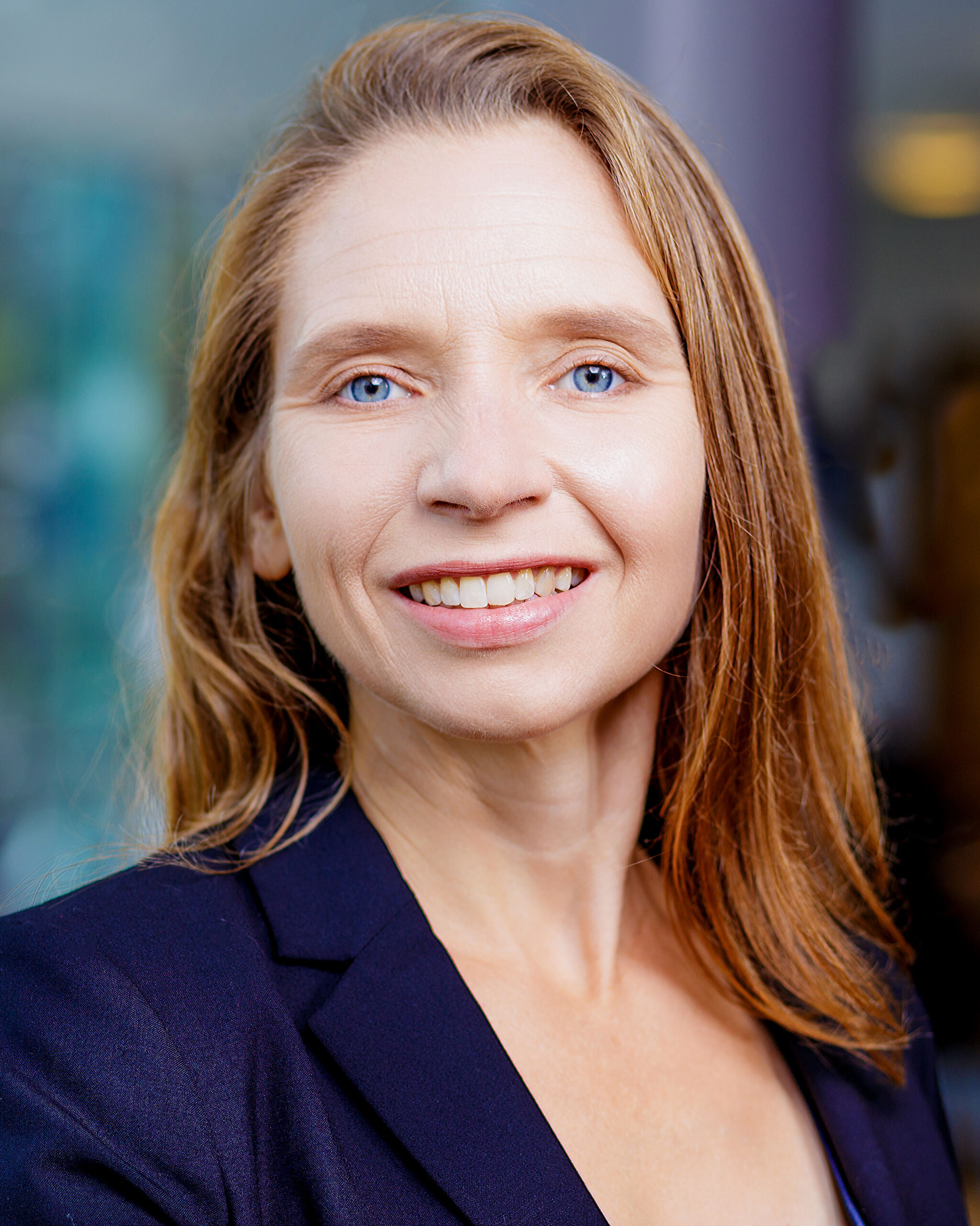
Engineering’s Hardest Problem
Gwen Ottinger, PhD, Drexel University
Innovation reshapes our world. Because it’s impossible to know in advance the full range of an innovation’s consequences, one important ethical obligation of engineers and scientists is to respond when undesirable effects of their innovations emerge. But successful innovations quickly become infrastructure, and rolling back or changing course to mitigate deleterious consequences can seem unthinkable when large capital investments have been made. Ensuring the ability to respond to the emerging effects of innovation is thus an engineering problem, not just an ethical one. This talk suggests new directions in STEM research to develop engineers’ capacity for responsiveness.
Gwen Ottinger is a Professor at Drexel University whose research integrates empirical social science and normative political theory. They are especially interested in the potential of science and technology to promote environmental justice (EJ); their Fair Tech Collective research group develops data infrastructures and policy recommendations to support EJ communities’ use of air quality information. Ottinger has received recognition for their work from the Society for Social Studies of Science (Rachel Carson Prize, 2015) and the Western Political Science Association (Environmental Political Theory Paper Prize, 2021). Their research grants and fellowships include an NSF CAREER award, an ACLS-Burkhardt Fellowship, and a Fulbright Research Chair at the University of Ottawa.
3:00 pm
Closing Remarks [recording]
Russell Composto, PhD
NRT Soft AE Associate Director and co-PI
Kristin Field, PhD
NRT Soft AE Education Director, Program Coordinator and co-PI

